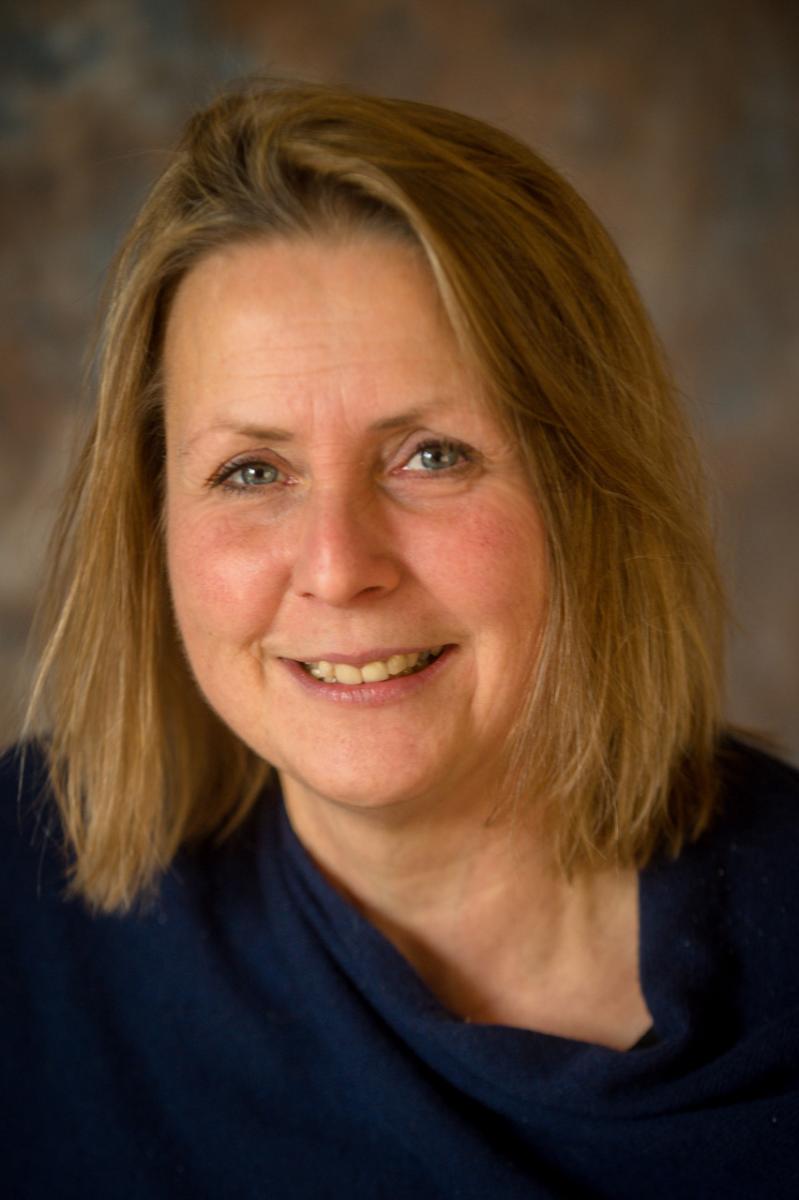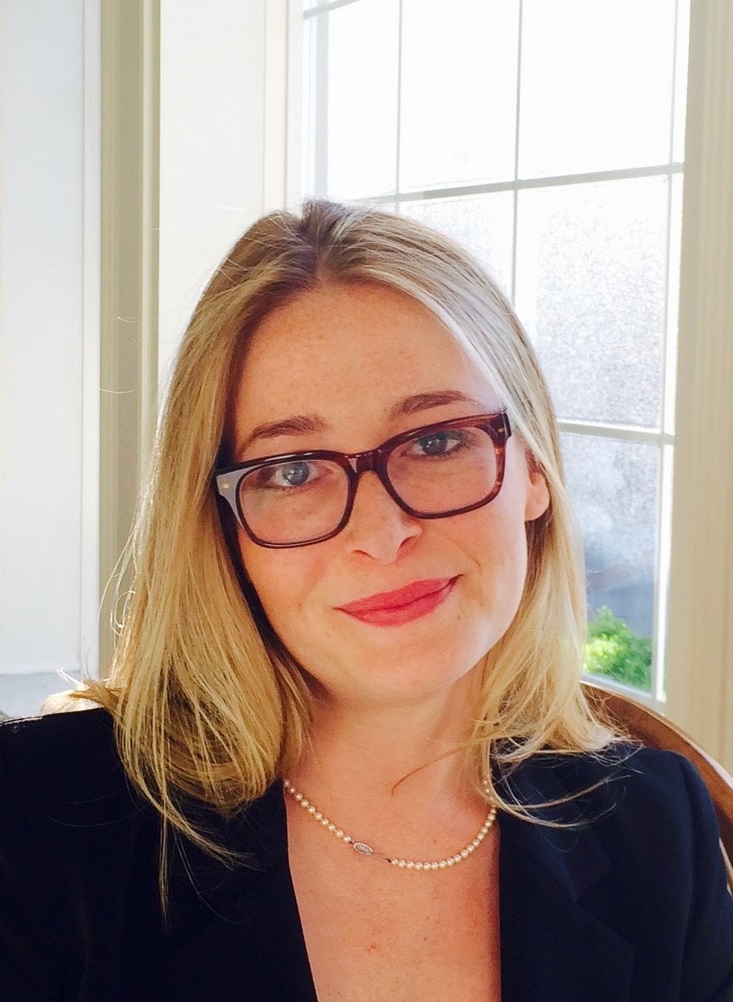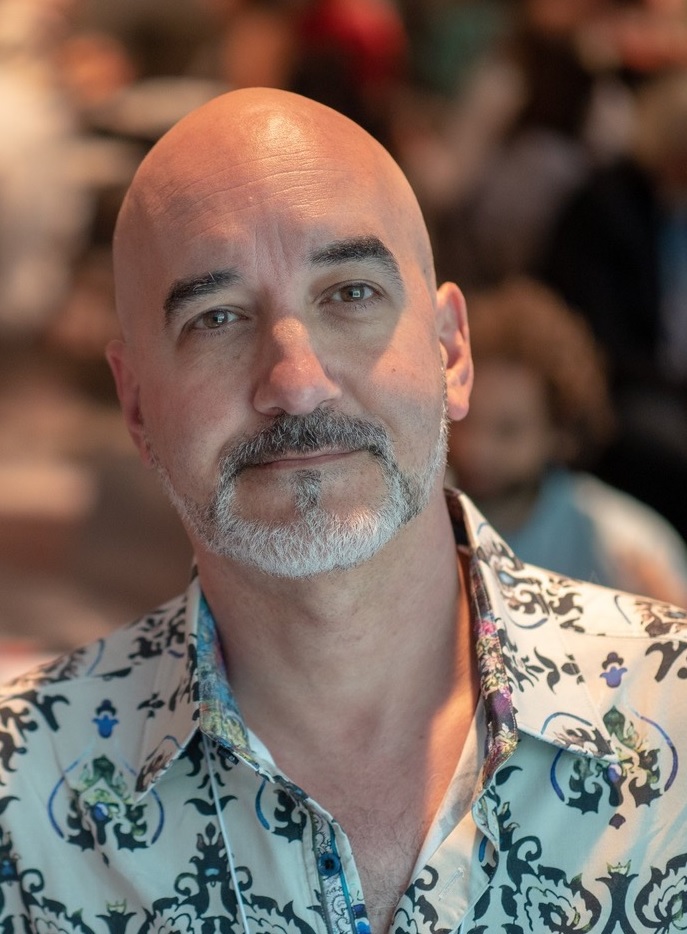Mastering Compassion Focused Therapy: Taking CFT Beyond The Basics




Dennis Tirch, Ph.D.
Drawing on behavioral theory, affective neuroscience, evolutionary psychology, and Buddhist practice, Compassion Focused Therapy (CFT) was originally developed as a means of working with shame and self-criticism. Over the past 15 years, CFT has been found to be of benefit to those experiencing a wide range of difficulties such as anxiety, chronic pain, psychosis, trauma, and eating disorders. This workshop will review foundational CFT concepts, and will then take participants beyond the basics into advanced CFT experiential exercises that can address a range of problems.
This is an opportunity to integrate deeper dimensions of compassion work into your practice, while renewing your understanding of the fundamental dynamics of mindfulness and compassion. No previous CFT experience is necessary, and the trainers are aiming to help ACT and FAP therapists, in particular, as they integrate a compassion focus into the work they do.
This workshop will present the working definition of compassion utilized in CFT, will review Professor Paul Gilbert's CFT model of emotion regulation, and will go further to explore how compassion functions as a series of interacting processes and procedures. This constellation of psychotherapy processes can strengthen our ability to turn towards painful experiences, help us work with human suffering, and can cultivate values-based movement in our clients’ lives, and in our own. Participants will leave this workshop armed with a range of specific, new techniques, and an enhanced understanding of what the embodied compassion motive represents. For example, participants will learn how to use compassion embodiment in the therapeutic relationship, active meditative imagery practice and specific CFT chair-work and role-play practices to help clients work courageously with life challenges.
Appropriate for newcomers to CFT and veterans alike and taught by leading CFT experts from the Europe and North America, this workshop presents a novel approach to understanding the therapy – aimed at helping participants to advance their compassion work. Together, we will build a road map towards increased compassion based living, mindful courage and psychological flexibility.
About Dennis Tirch, Ph.D.:
Dennis Tirch, Ph.D., is The Founder of the Center for Compassion Focused Therapy in New York City and an Associate Clinical Professor at the Icahn School of Medicine at Mt. Sinai Medical Center. Dr. Tirch is the author/co-author of numerous books, chapters, and peer-reviewed articles on ACT, CFT, CBT, and Buddhist psychology. Dr. Tirch is the President-Elect of The Association for Contextual Behavioral Science (ACBS) and The Compassionate Mind Foundation, USA. Online and in-person, Dr. Tirch provides workshops and trainings globally in mindfulness, compassion and acceptance based interventions. Dr. Tirch is a Fellow of ACBS, and is also a Fellow and Consultant/Supervisor with the Academy of Cognitive Therapy. Dr. Tirch is a member of the Zen Garland Order, and is a lay teacher of Buddhism.
About Laura Silberstein, Psy.D.:
Laura R. Silberstein-Tirch, Psy.D., is the Director of the Center for Compassion Focused Therapy, and serves as an Adjunct Assistant Professor at Albert Einstein College of Medicine of Yeshiva University. Dr. Silberstein-Tirch is a clinical supervisor and compassion-focused therapy (CFT) trainer who presents internationally on mindfulness and compassion and is co-author of Buddhist Psychology and CBT a Clinician’s Guide and The ACT Practitioner's Guide to the Science of Compassion. She is a founder and President of the New York City chapter of the Association for Contextual Behavioral Science and the Compassionate Mind Foundation USA. Her research interests include psychological flexibility and emotions as well as CFT for anxiety and depression.
About Mary Welford, D.Clin.Psy.:
Dr Mary Welford is a Consultant Clinical Psychologist working in the South West of England and served as Chair of the Compassionate Mind Foundation for 4 years. Mary is particularly interested in the application of Compassion Focused Therapy (CFT) across the spectrum of human experiences, from anxiety and depression to psychosis and personality difficulties. In addition to her private practice work, Mary has developed a Compassion in Schools program and trains a range of individuals in Compassion Focused Therapy both in the UK and overseas. Mary is the author of The Compassionate Mind Approach to Building Your Self Confidence and Compassion Focused Therapy for Dummies. She’s currently writing book for Children, Adolescents & Young People.
Learning Objectives:
- Participants will be able to describe and work with the CFT definition of compassion in practice.
- Participants will be able to work with the three-circle model of emotion regulation found in CFT.
- Participants will have a working knowledge of the 12 core competencies of compassion, and how they can be assessed, conceptualized and developed in psychotherapy.
- Participants will learn to utilize the therapeutic relationship to create a context of embodied compassion in CFT practice.
- Participants will learn to assist clients in working with "multiple self" experiences, bringing compassion to challenging emotional "selves."
- Participants will understand the relationship between courage and compassion, and how compassion can help us work with our threat system.
- Participants will learn methods for assisting clients to develop courage in facing threat based experiences.
- Participants will be able to teach their clients how compassion can help build psychological flexibility.
- Participants will be able to use compassion focused imagery in helping clients develop mindfulness, compassion and flexibility.
- Participants will be able to build on compassion focused imagery and multiple-self work, using compassion focused chair-work in group or individual psychotherapy.
Target Audience: Beginner, Intermediate, Advanced, Clinical
Components: Conceptual analysis, Experiential exercises, Didactic presentation, Case presentation, Role play
Package Includes: A general certificate of attendance, lunch, and twice daily coffee/tea break on site.
